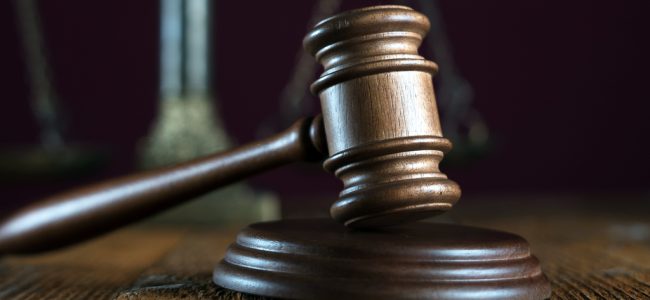BlogLine
Minority Position: Vician v. Bingham Greenebaum & Doll, LLP
9/11/23

By: Tia J. Combs
In the recent Court of Appeals of Indiana case, Vician, individually and on behalf of Bowman, Heintz, Boscia & Vician, P.C. v. Bingham Greenebaum & Doll, LLP n/k/a Dentons Bingham Greenebaum, LLP and Jeremy Hill, the court’s recitation of facts weaves a complicated tale of infighting amongst partners, mistrust, and accusations bordering on fraud, possibly theft. However, at its heart, the matter is simpler than it might at first blush appear. Bowman, Heintz, Boscia, and Vician, partners in a collections law firm (“BHBV”), sought to increase business by joining up with a firm with a more national reach. They hired Jeremy Hill of Bingham Greenebaum & Doll, LLP (the “Defendant Attorneys”) to assist the firm with the transaction. Along the way, one of the partners in BHBV, Vician, began to doubt that the deal was as beneficial to him as he believed it should have been. He blamed the Defendant Attorneys and instituted this suit. The trial court granted summary judgment in favor of the Defendant Attorneys, and this appeal followed.
In its analysis, the court of appeals addressed three claims brought by Vician: 1) a derivative malpractice claim, 2) a breach of fiduciary duty claim, and 3) claims for tortious interference with a contract and a business relationship.
Before getting to any of these issues, the court addressed the statute of limitations for all of Vician’s claims. The court reaffirmed that the discovery rule is applicable to legal malpractice claims and discussed several issues related to the timeliness of Vician’s other claims. Ultimately, however, the court declined to really analyze the issues because it decided that the statute of limitations issues were not determinative to the case’s outcome because the court also found for the Defendant Attorneys on all of the other issues before it.
Turning next to Vician’s claims for derivative legal malpractice and breach of fiduciary duty, the court noted that the two claims both stemmed from Vician’s allegations that the Defendant Attorneys failed to keep him apprised of the work they were doing in connection with the BHBV/Blatt transaction, structured the sale of BHBV’s assets for no consideration, and failed to maximize the value of BHBV.
Addressing Vician’s derivative legal malpractice claim, the court held that Vician’s Complaint failed to comply with IC § 23-1-32-2, which required it to be verified. Vician’s claim was also required to adequately represent the interests of the shareholders or members. However, the court held, this was not possible since a majority of shareholders had voted to approve the sale.
As to Vician’s breach of fiduciary duty claim, Vician acknowledged that Indiana law did not recognize a duty to an individual minority shareholder owed by attorneys representing a corporation. The court declined to define a new duty based on either partnership law or the concept of third-party beneficiaries to contracts as Vician requested.
Finally, as to Vician’s tortious interference claims, which also flowed from his claim that the Defendant Attorneys had failed to keep him apprised of all modifications to the sale documents which negatively affected him, the court also held against Vician. The court analyzed both contracts referenced by Vician, his employment contract and BHBV’s Stock Agreement, and found that neither had been breached. As such, the court held that he had no claim under either theory.
While the holdings in Vician may not be new, they do helpfully reaffirm several points of Indiana law:
- In a claim for derivative legal malpractice, the verification requirement of IC § 23-1-32-2 is mandatory.
- For the purposes of a derivative legal malpractice claim, an individual shareholder cannot meet the burden of adequately representing the interests of the shareholders or members if a majority of shareholders have voted for the action taken by the corporation.
- Attorneys representing a corporation do not owe a duty to an individual minority shareholder.
- A claim for tortious interference with a business relationship will be analyzed as a claim for tortious interference with a contact if the relationship in question is based on contract. Additionally, in such a case, breach continues to be a required element for a claim of tortious interference with a contract.
If you need more information or advice concerning a professional malpractice claim in Indiana or Kentucky, please contact Tia J. Combs at tcombs@fmglaw.com.
Share
Save Print
